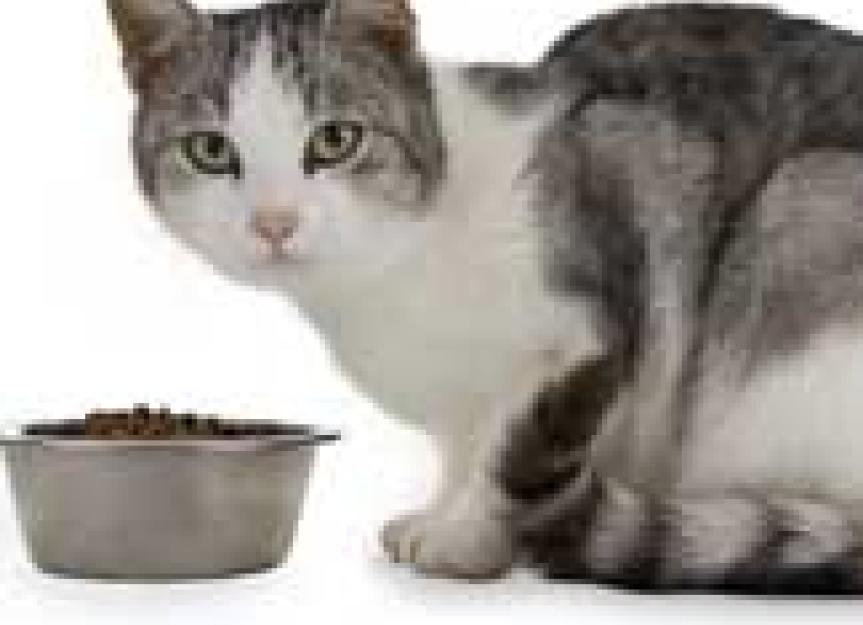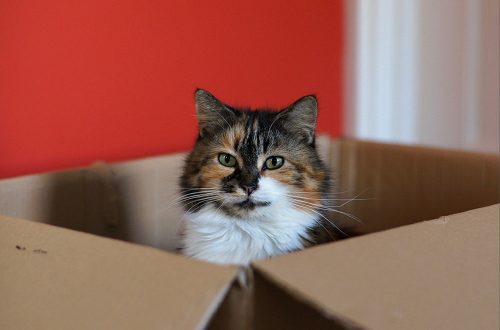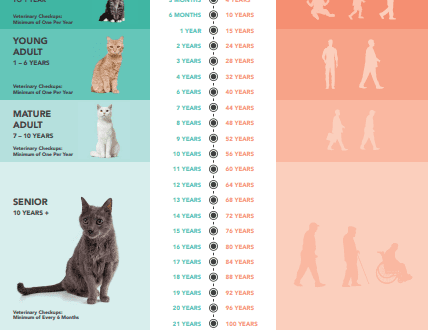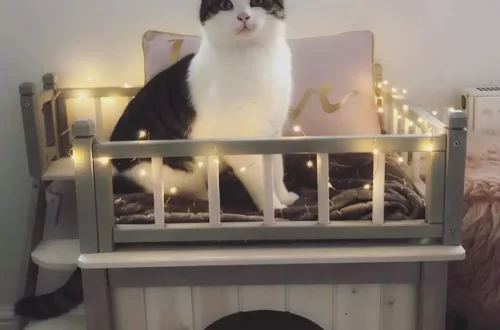
Heart disease in cats: how to eat right
Have you ever been surprised that your cat behaves like a human? If only we could still protect our pets from human diseases! Unfortunately, cats can suffer from the same diseases as humans, such as heart disease. Aging is the most common cause of heart disease in cats, but other factors, such as the presence of heartworms, may also play a role.
Contents
What is heart disease?
The heart is the most important organ in a cat’s body. It pumps blood containing oxygen and nutrients through the blood vessels to the body’s cells. Most heart disease is associated with a decrease in the efficiency of pumping blood. This can lead to a buildup of fluid in the chest and abdomen. There are two main types of heart disease: one affects the heart valve and the other affects the heart muscle. In both cases, these states can be controlled by providing proper nutrition, load mode. If necessary, the use of veterinary drugs may also be required. The right food and advice from a veterinarian can help your sick cat lead an active life and enjoy every moment of it, despite the illness.
Two main types of heart disease
Chronic valvular disease: A heart valve that leaks blood through reduces the amount of blood that can enter the body.
Heart muscle disease: A weakened or thickened heart muscle reduces the efficiency of pumping blood.
What are the causes of heart disease?
It is impossible to name a single reason, however, it is worth noting that poor nutrition can very likely lead to the development of cardiovascular diseases. Other risk factors include:
- Physical Condition: Overweight cats are more likely to develop heart disease.
- Age: The older the cat, the more likely they are to develop heart disease.
- Breed: Persians, Maine Coons, and American Shorthairs are more likely to suffer from heart muscle disease.
Does your cat have heart disease?
It is rather difficult to answer this question, since the signs may be similar to those observed in other diseases. Your veterinarian can examine your cat for cardiovascular disease using the following methods:
- Listen with a stethoscope for murmurs or accumulation of fluid in the lungs.
- By palpation, unusual pulse rhythms can be detected.
- X-rays can be used to see if the heart is enlarged.
- The ECG will show an enlarged heart and an abnormal rhythm.
- Blood and urine tests will show the presence of heartworms and the condition of other internal organs.
Symptoms that may indicate the presence of cardiovascular disease in a cat:
- A dull cough that sometimes causes a gag reflex.
- Difficulty breathing, including shortness of breath.
- Decreased physical activity.
- Noticeable weight gain or loss.
- Bloating of the abdominal cavity.
IMPORTANT. The presence of heart disease is difficult to determine at an early stage, so it is important to regularly visit a veterinarian and ask him questions that concern you.
Importance of nutrition
Even using the methods of treatment, unfortunately, it is impossible to completely get rid of heart disease, however, with proper nutrition and regimen, the cat will be able to live a normal life. Nutrition plays a big role in maintaining her health and condition in general. With heart disease, feeding your cat properly becomes even more important.
Cardiovascular disease tends to cause the heart to enlarge, and this enlargement results in a decrease in the efficiency of the heart. The heart begins to retain more fluid than it should, and this is where the real problems lie. For this reason, veterinarians recommend using low-sodium diets to help reduce fluid buildup and make the heart work easier. For an accurate diagnosis and treatment options, always consult your veterinarian for recommendations on the best food for a cat with heart disease.
Here are some questions to ask your veterinarian if your cat has heart disease:
1. What foods should not be given to a cat?
2. How can human food affect her health?
3. What food would you recommend for my cat’s heart health? Will Hill’s Prescription Diet work for her?
4. How much and how often to feed the cat with the recommended food.
5. How quickly will the first signs of improvement in my cat’s condition appear?
6. Can you give me a brochure on the heart condition found in my cat?
7. What is the best way to contact you or your clinic if I have questions (email/phone)?
8. When should I come for a follow-up appointment and can I send a reminder about it?





